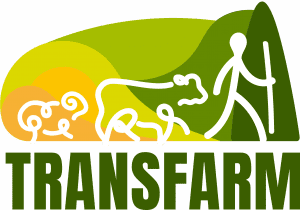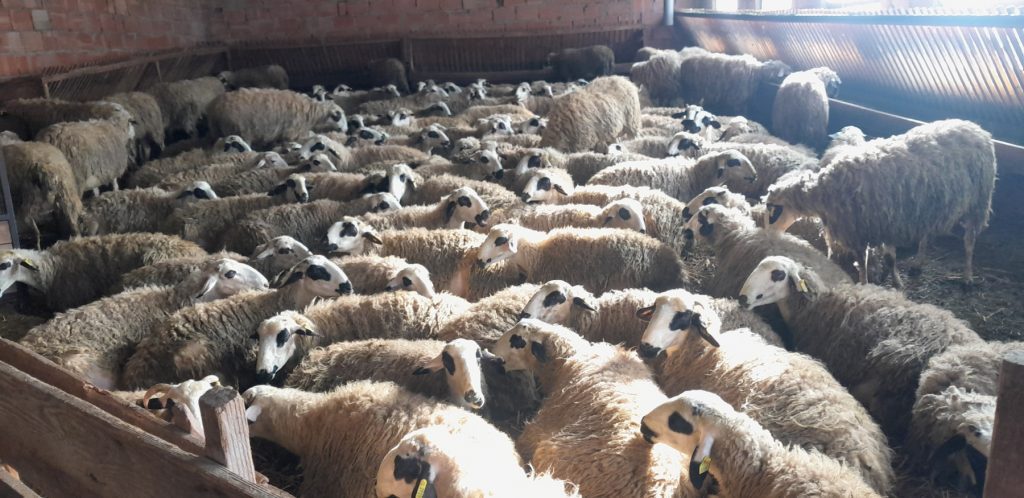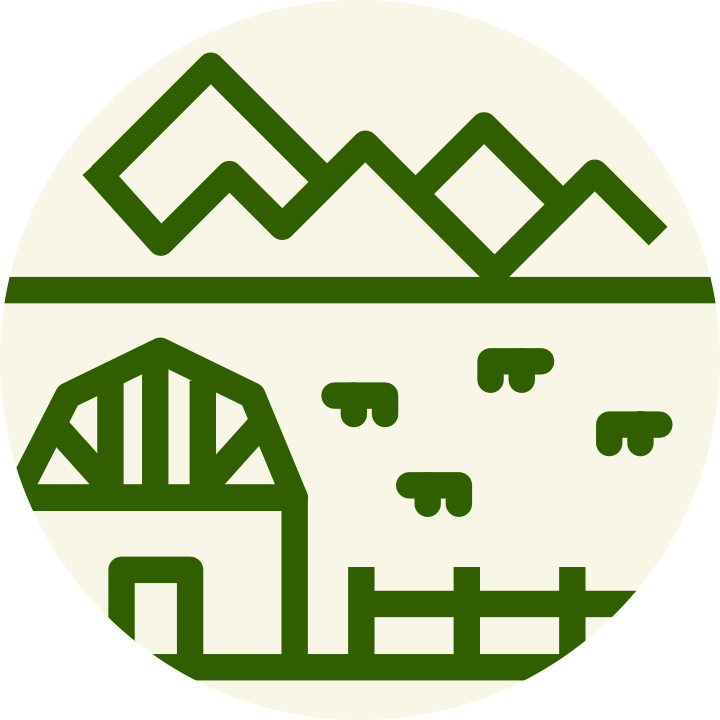Ioannis Dekolis is the president of the transhumant farmers in Epirus. His farm has 800 sheep and 30-40 goats. When he took over the breeding, he tried and made various improvements. For example, in 1986, he got an electric clipper for the animals. In 1989, he installed a milking parlor in the lower rangelands. National programs have resulted in mild interventions which have improved conditions (watering places, feeders, shelters, etc.), but more are needed. In recent years, the European Medina program created an educational cheese factory in Baltuma village.




